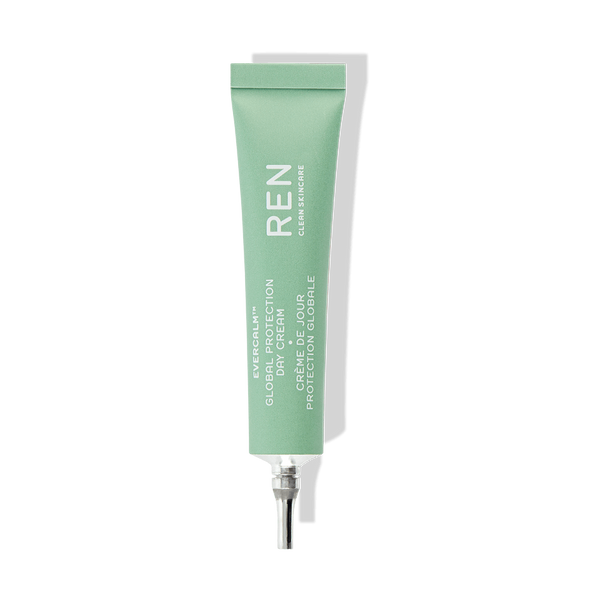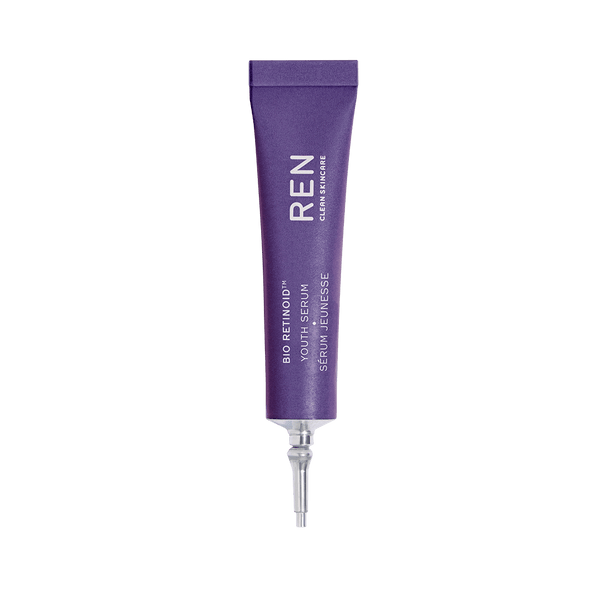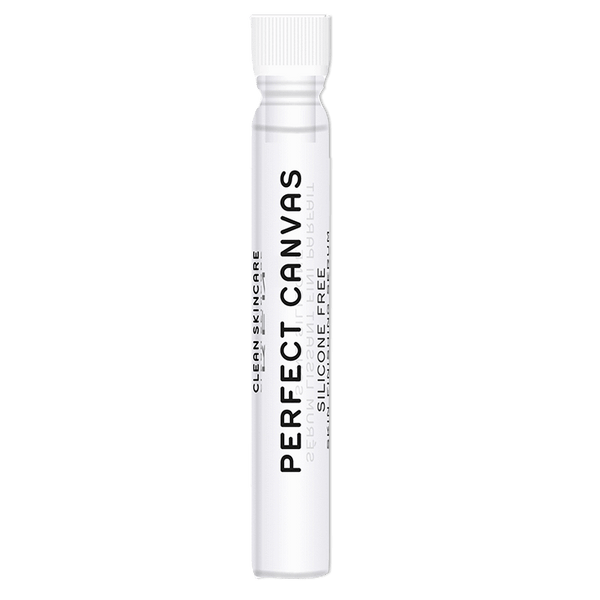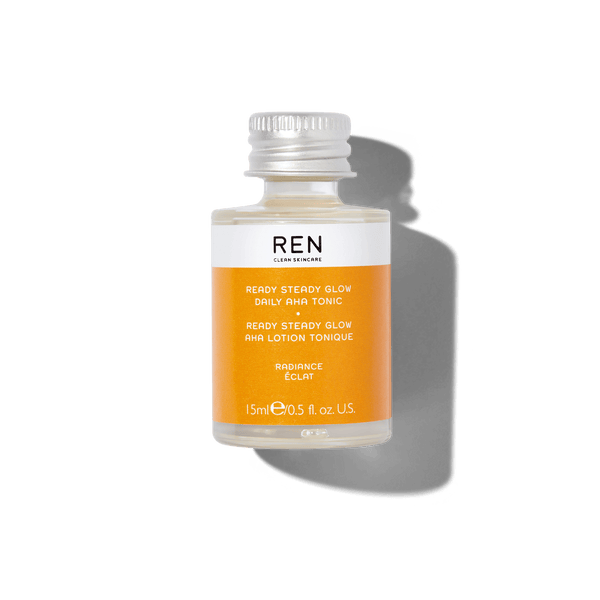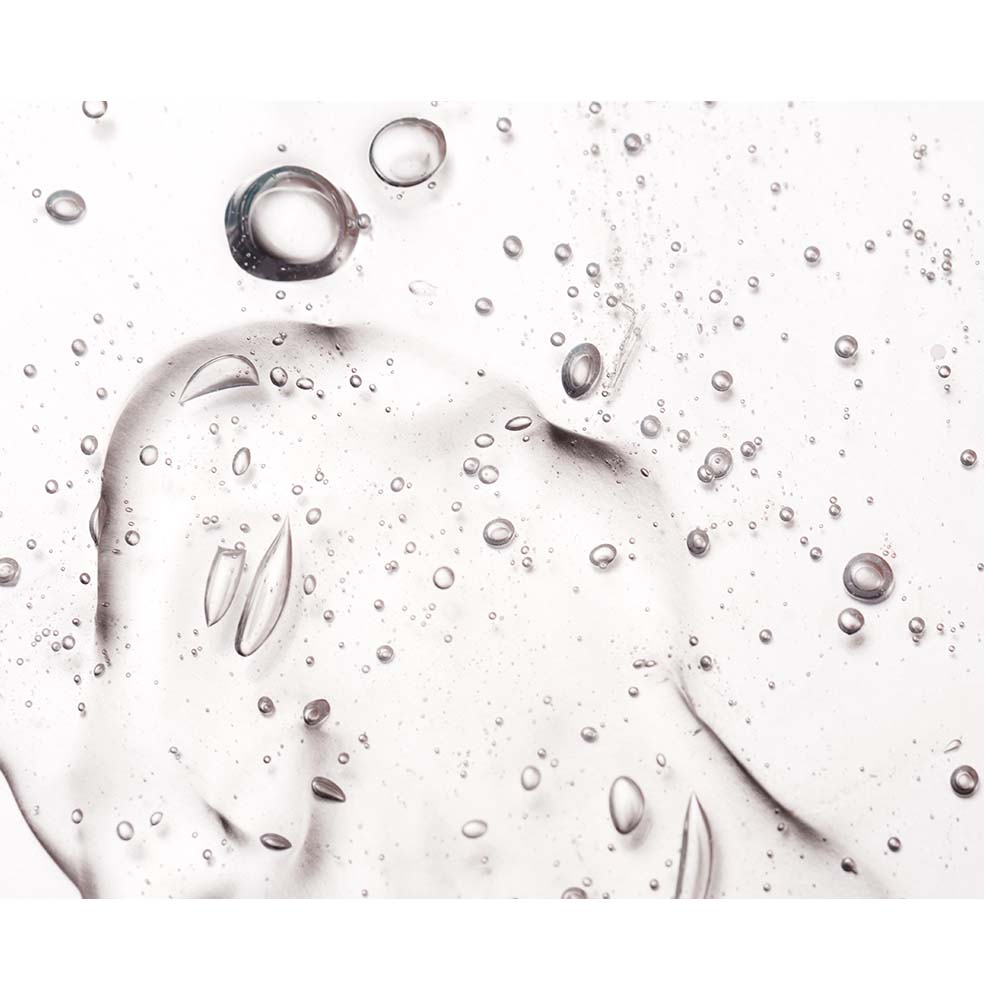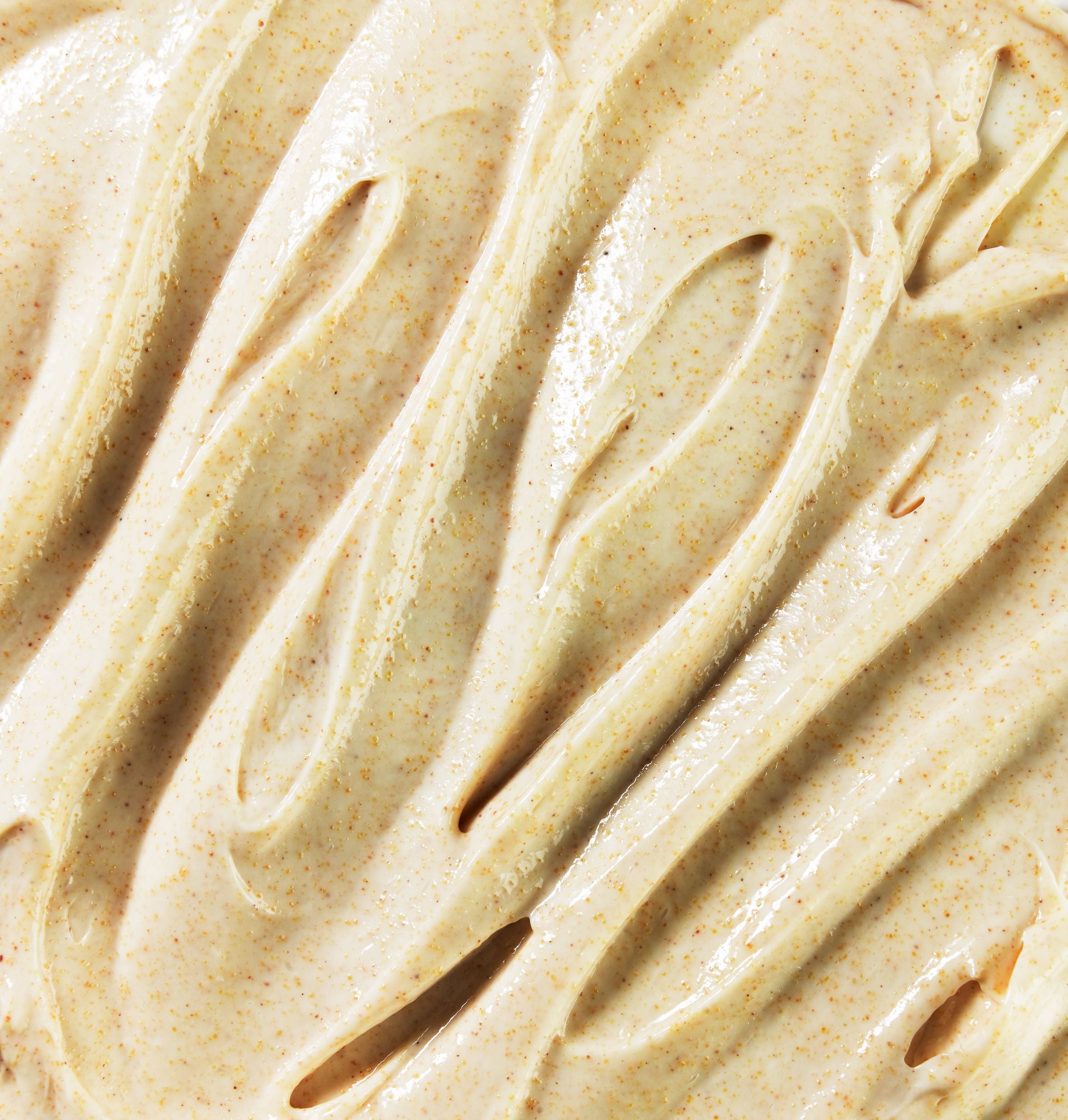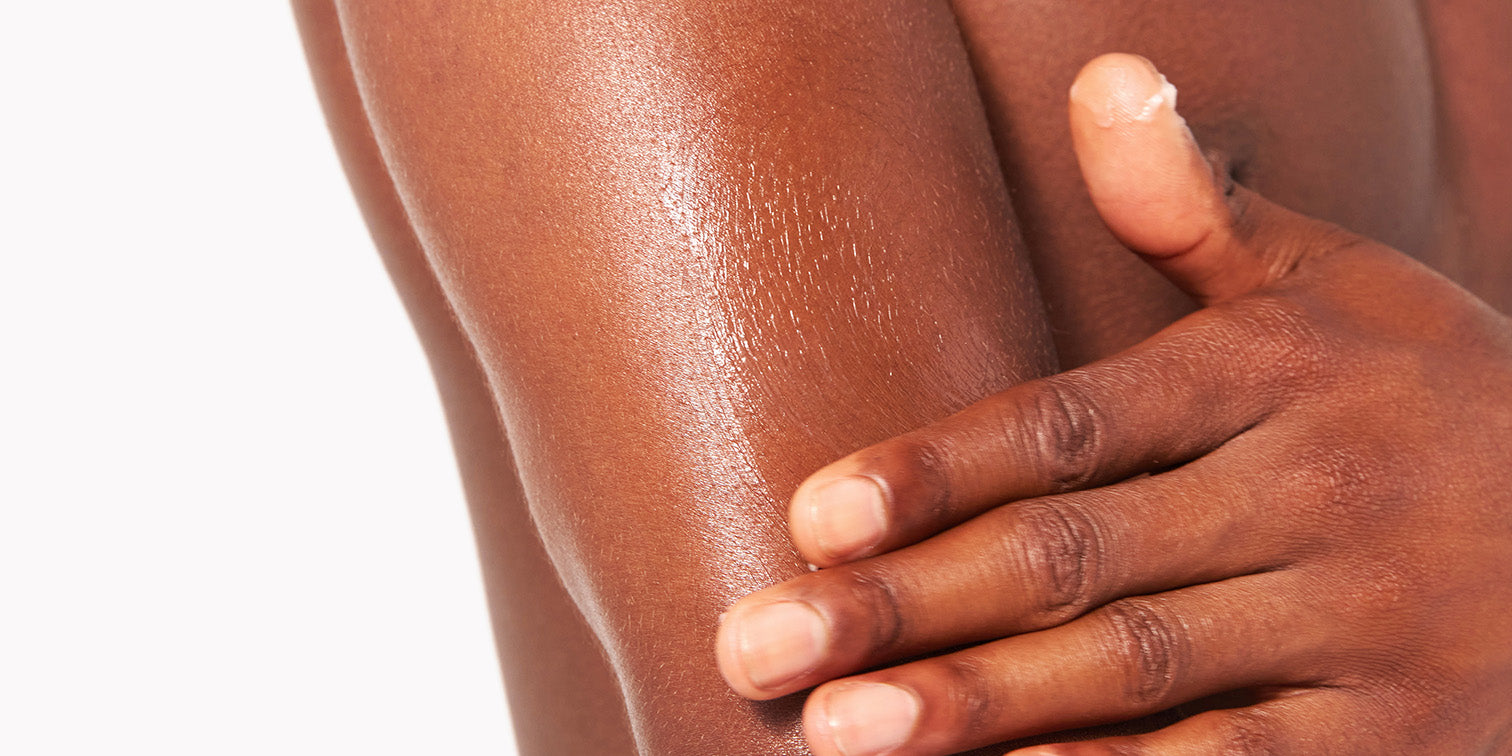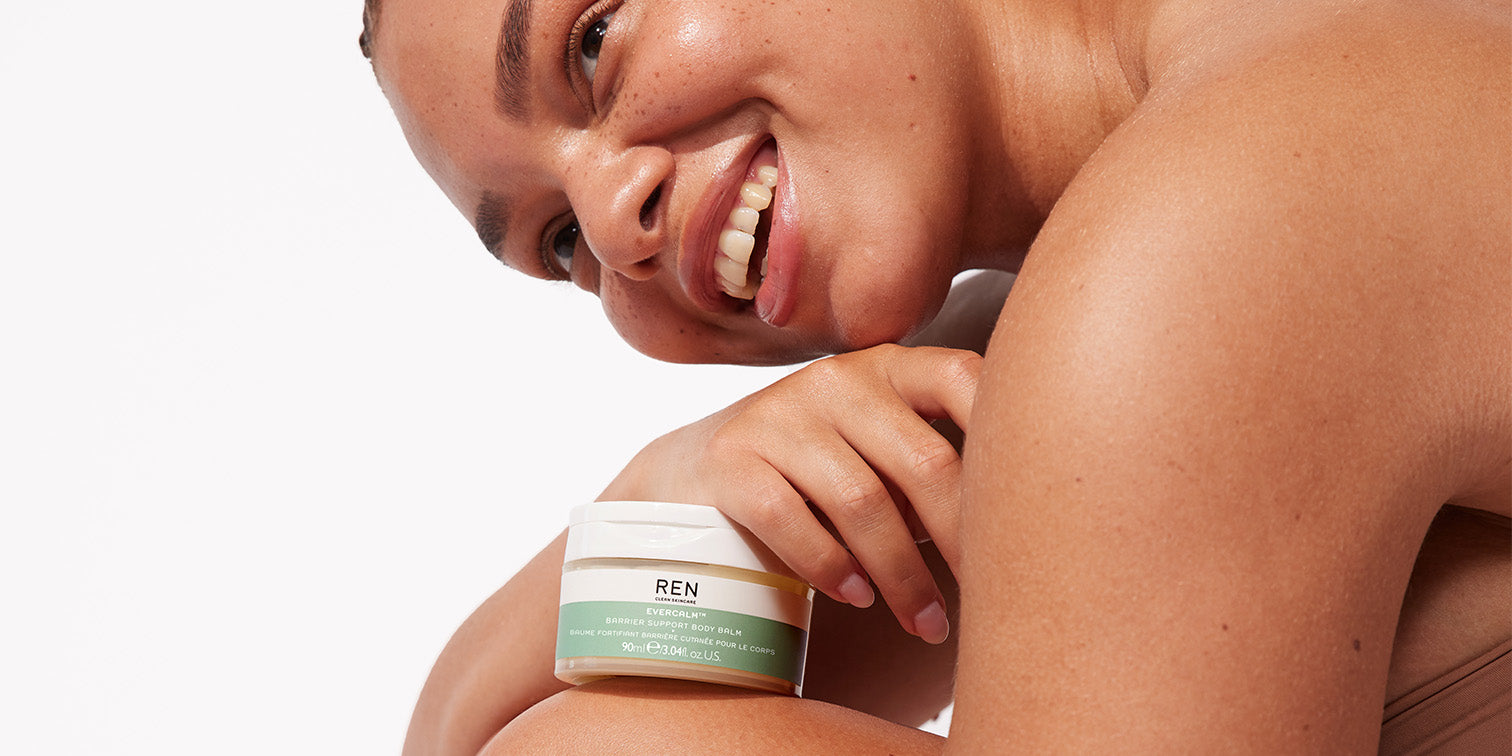Hyaluronic Acid: 101

Unless you’ve been living under a rock for the last few years, you’ve more than likely heard the words Hyaluronic Acid doing the rounds in skincare circles. This hydration hero has gone from strength-to-strength, growing increasingly in popularity and reaching somewhat of a cult status in the beauty industry.
More recently, Hyaluronic Acid has risen to fame as the star ingredient in TikTok’s skin flooding trend, because it attracts and holds onto water molecules like a literal moisture magnet. So, since it’s in the spotlight already, lets shine one on everything you need to know about Hyaluronic Acid.


